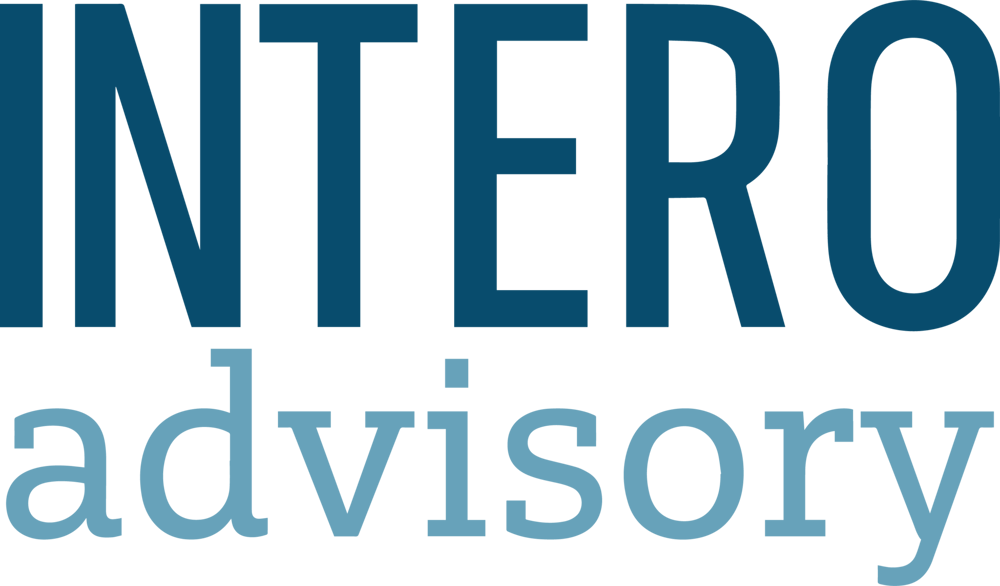A story about a dog, a recruiter and the things applicants should pay attention to

It was a warm, late-spring afternoon and I had opted to work from home. The dog was at my feet, the windows were open and there was a delightful breeze blowing through the house. I had a whole afternoon of phone screenings set up and for those of you who know me, you know there’s nothing I love more. I love the introduction conversation, where people make a choice about how they’re going to present themselves to a potential employer. And right about now, some of you may be thinking, “It’s not really about making a choice. It’s about getting the job.” Well, not exactly. As a recruiter, and someone who meets between 5 and 25 new people a week, I am more aware than ever about the choices that we make when we communicate.
So, I pick up the phone to begin the discovery marathon. The first person scheduled is applying for a sales job. He has a great background, well-written resume and his follow-up was impeccable as we worked to schedule this phone screening. To protect his identity, I’ll just refer to him as Bob for the rest of this story.
I dial his cell phone. He picks up:
Bob: “Hello.”
Me: “Hi Bob! It’s Erin Miller! Thanks for setting aside some time to talk to me today. Does this time still work for you for a brief conversation about the business development position at X company?”
Bob: “Ah yeah, you guys sell widgets and whatzits, is that correct Erin?”
Me: “Yes, that’s right!”
Bob: “Yeah, that’s not really for me. I’m not interested but thanks anyway.”
*CLICK*
Me: (shaking my head) “Oh, Bob. Oh, Bob Bob Bob Bob Bob”…
I’m not sure if it was just me, but at that moment it suddenly seemed as if that nice breeze became a sharp gust of wind that went sweeping through my house. My dog sat up and tilted her head. She wasn’t pleased with Bob either.*
*Certain details of this story may have been exaggerated to build dramatic effect.
As I stated earlier, it’s sometimes difficult to recognize when we’re making choices about our own communication. It may seem as if we’re following a preset list of rules or requirements when completing certain tasks, like applying for a job. I have a well-written resume. Check. I have great job experience. Check. I am prompt and thorough in my follow-up. Check. Are these things important? Of course they are. But this only gets you about 15 percent of the way there. Bob did all of those things and I can assure you, I will not be considering Bob for any future positions.
So, what gets you in to that top 10th percentile? Here are five things I remember, as a recruiter, after a conversation. And Bob, if you’re out there – pay special attention to what I’m about to share:
1) Were you friendly?
Why isn’t it enough to have a great resume and be qualified for the job? It’s really quite simple. So simple in fact, that some people overlook this important detail entirely. People need to like you. Recruiters need to like you. You can make all kinds of arguments for why likability shouldn’t factor in to your candidacy but the fact will still remain: Recruiters are not going to advocate for people they don’t like. So, be affable. Be warm. Comment on the weather. Ask the recruiter how their day is. For all you know, they’ve been on the phone all day. Their left ear is hot and they’re writing arm is tired and it’s nice to be reminded that they’re not job-filling robots.
2) Were you prepared?
On any given day, I am reading an average of 20 resumes. And re-reading an average of 10 resumes. Two big things that I look for are: how does an applicant’s previous experience relate to the industry of the company I am recruiting for and how do their past/current responsibilities relate to this position. If I am setting aside the time to read and re-read your resume as an important link in the decision-making chain then you, my dear applicant, have time to research the company and be prepared to speak about how your qualifications relate to the job description. There are very few things more disappointing than beginning a conversation with an applicant and realizing that they have not done their homework. Furthermore, applicants who don’t even know what the company does when they begin their screening conversation will more than likely be eliminated immediately. It’s a tough world out there, folks!
3) Were you direct?
I understand that this may seem like opposing advice after being told to be friendly, but let’s not forget how much time a recruiter is spending on (and with) each applicant they are considering. When an applicant can employ direct communication to save time and heartache down the road, you have scored yet another gold star! What does being direct look like?
a. Answer questions directly. I prepare my questions ahead of time to leave room for a “meaty” conversation. When an applicant dances around a question or does not seem to have the ability to articulate strong answers, I worry. I worry that they aren’t being genuine and I worry that they will not be able to hold their own in the interview room or, more importantly, in a new role.
b. Voice your concerns. If there are things about the position that an applicant has misgivings about, recruiters want to hear about it. Doing so will usually facilitate a great conversation. It helps the recruiter learn more about what’s important to you. You learn more about the position and your concerns can be addressed up front. And if it’s not the right fit, both parties can reach that conclusion together. It’s a win-win!
4) Were you self-aware?
Recruiters hear a lot of fancy word-smithing and tall-tale-spinning in interviews. One of my favorites is always, “My biggest weakness is that I work too hard,” or “I care too much.” Many times, these kinds of answers are used as a tool to sidestep questions about weaknesses or areas of improvement. I cannot stress it enough – it is okay to have flaws. It is even good to have flaws, if you are aware of them and can speak to them. Candidates who are aware of their shortcomings and have demonstrated innovative ways to manage them are always more interesting to me. This skill also shows that a candidate thinks critically and finds solutions with ease – two extremely important qualities for any position.
5) Did you use humor?
This might be more of a personal value than an actual recruiting morsel, but doesn’t humor make everything better? I mean, really. Be funny. Feel free to laugh. Wit indicates intelligence and resilience. Give it a try! If you’ve demonstrated your professionalism by being friendly, being prepared, communicating directly, and exhibiting self-awareness, that extra kick of humor will absolutely tip the scales in your favor.
So, that’s my story! What is yours? Was there a time when you really nailed a phone screening or job interview? What kinds of things did you do to make it great? I’d love to hear your success stories. Please feel free to comment below.
This post was originally published on Intero Advisory’s website in July 2014. Please note that LinkedIn is constantly changing. While it’s current now it may not be in the coming weeks or months.



